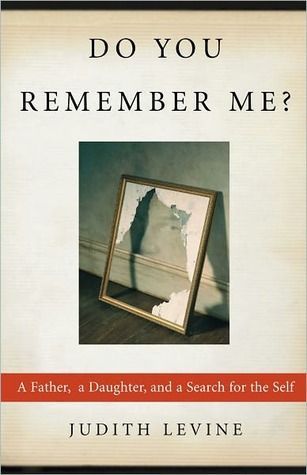
Do You Remember Me? A Father, a Daughter, and a Search for the Self
In her award-winning Harmful to Minors, Judith Levine radically disturbed our fixed ideas about childhood. Now, the poignantly personal Do You Remember Me? tackles the other end of life. The book is both the memoir of a daughter coming to terms with a difficult father who is sinking into dementia and an insightful exploration of the ways we think about disability, aging, and the self as it resides in the body and the world. In prose that is unsentimental yet moving, serious yet darkly funny, complex in emotion and ideas yet spare in diction, Levine reassembles her father's personal and professional history even as he is losing track of it. She unpeels the layers of his complicated personality and uncovers information that surprises even her mother, to whom her father has been married for more than sixty years. As her father deteriorates, the family consensus about who he was and is and how best to care for him constantly threatens to collapse. Levine recounts the painful discussions, mad outbursts, and gingerly negotiations, and dissects the shifting alliances among family, friends, and a changing guard of hired caretakers. Spending more and more time with her father, she confronts a relationship that has long felt bereft of love. By caring for his needs, she learns to care about and, slowly, to love him. While Levine chronicles these developments, she looks outside her family for the sources of their perceptions and expectations, deftly weaving politics, science, history, and philosophy into their personal story. A memoir opens up to become a critique of our culture's attitudes toward the old and demented. A claustrophobic account of Alzheimer's is transformed into a complex lesson about love, duty, and community. What creates a self and keeps it whole? Levine insists that only the collaboration of others can safeguard her father's self against the riddling of his brain. Embracing interdependence and vulnerability, not autonomy and productivity, as the seminal elements of our humanity, Levine challenges herself and her readers to find new meaning, even hope, in one man's mortality and our own.